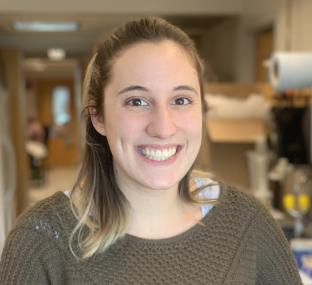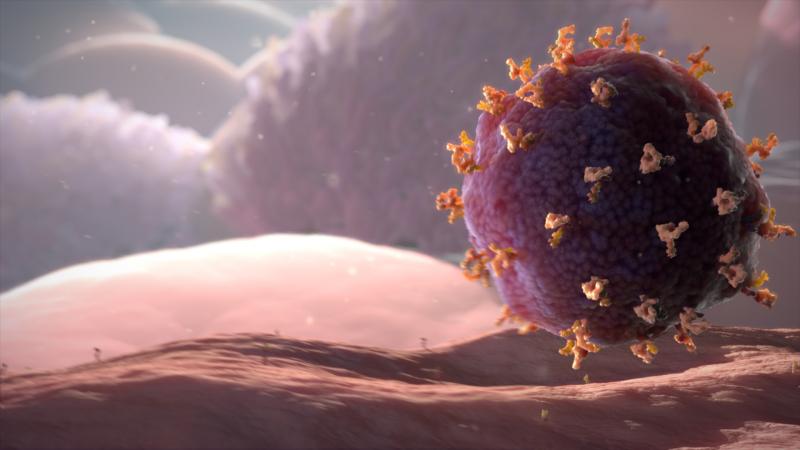Juliet King

Juliet worked as a research technician in a fruit fly lab during college and continued doing this type of research after graduation. She is now back in school working to earn her doctorate degree (PhD) in cell biology.
Who is your science hero?
My science hero is my undergraduate research advisor, Julie. She was my academic advisor in school and would help me pick classes starting in my freshman year. I did poorly my first semester, and I thought all hopes of being a successful scientist or doctor were shot. I thought I “wasn’t smart enough” to even try to join a research lab. She saw something in me that I didn’t and offered that I try working in her lab. She encouraged me to keep working hard, challenging myself, and growing from my struggles. Julie helped me see that failing is a normal part of being a scientist, and not a reason to give up.
When did you know you wanted to pursue a career related to science?
I knew I wanted to have a career in science when I spent the summer between my junior and senior year of college working in my undergraduate research lab. It was a full-time job, 40 hours a week, for 10 weeks. I found that I liked the day-to-day work, like using microscopes and dissecting flies. I also liked the larger scientific motivations, like asking questions in cancer biology and making a contribution to find the answer. A good indication that I liked what I did was that the days would go by fast, and I was excited to get back into the lab the next morning.
What advice do you have for students interested in a STEM career?
Don’t give up when you fail! Let your passion for science motivate you through the obstacles that you will face. Look to your friends and mentors for help and advice when you need it. The scientific community thrives on supporting one another, so use that to your advantage.
What is your favorite part of your job?
I really enjoy collecting data from my experiments and communicating it to my lab mates. The conversations usually spark new ways to look at the data, future experiments to do, or ways I can troubleshoot a roadblock I’m facing.
What current scientific discovery or project are you most excited about?
I’m currently working on a project looking at whole genome duplication in cardiomyocytes, which are heart muscle cells. Whole genome duplication, or polyploidy, is typically correlated with reduced regenerative capacity in cardiomyocytes. This is really interesting to me because human cardiomyocytes, along with those of mice and fruit flies, polyploidize as they age. This means that sustaining an injury to your heart as an adult is a lot more serious than when you’re young. Understanding when and how these cells become polyploid could help find ways to regenerate the human heart after injury.

